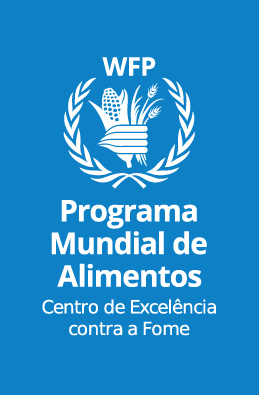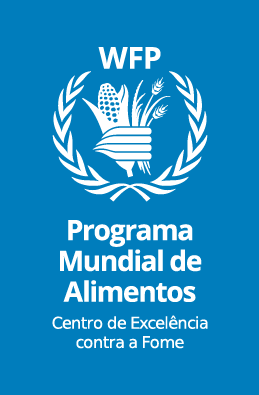
Após 18 meses de atividades na Tanzânia, o Projeto Além do Algodão lança documentário inédito com o registro dos resultados que beneficiaram cerca de 11 mil agricultores produtores de algodão da região de Mwanza.
O cultivo do algodão é a principal atividade dos agricultores na Tanzânia e sustenta cerca de 40% da população, o equivalente a 18 milhões de pessoas.
Por meio de atividades multidisciplinares, o Projeto capacitou agricultores e técnicos a diversificarem a produção, com o plantio consorciado com milho, feijão e sorgo, para aumentar a renda familiar e a segurança alimentar local.
O projeto foi realizado no âmbito da cooperação Sul-Sul Trilateral e envolveu parceria de muitas instituições. Participaram o Governo da Tanzânia (com envolvimento do Ministério da Agricultura, do Instituto de Pesquisa Agrícola da Tanzânia e do Conselho do Algodão da Tanzânia); o Governo Brasileiro, por meio da Agência Brasileira de Cooperação do Ministério das Relações Exteriores; a Universidade Federal de Campina Grande; e o Programa Mundial de Alimentos, através do Centro de Excelência contra a Fome do WFP no Brasil e o WFP na Tanzânia. O projeto contou com financiamento do Instituto Brasileiro do Algodão.
Os temas trabalhados no projeto foram agricultura, geração de renda, agregação de valor ao algodão e nutrição. Foram realizadas mais de 21 atividades de compartilhamento de conhecimento técnico, de forma horizontalizada, com técnicas participativas.
Para Albaneide Peixinho, coordenadora do Projeto no Centro de Excelência, os resultados na Tanzânia marcaram uma mudança de paradigma em termos de cooperação. “Mostramos que temos capacidades para executar os projetos nos países, respeitando a cultura, a tradição, os saberes genuínos, de forma horizontal. Ensinamos muito, mas aprendemos bastante também”, afirmou.
Segundo ela, um dos resultados de destaque foi a construção de cisternas escolares de 16 mil litros em escolas primárias, para captação de água da chuva para consumo humano e irrigação de canteiros escolares. “As cisternas foram construídas de forma participativa. Elas mudaram a qualidade de vida dos alunos da escola, que antes precisavam caminhar por 4 horas para conseguir água.”
Várias foram as iniciativas de baixo custo e participativas, promovendo de forma sustentável as capacidades locais.
Entre elas, está o planejamento de plantio, rotação de culturas, seleção e armazenamento de sementes e distribuição de equipamentos de baixo custo, como sementadeiras manuais, que reduziram de 14 dias para 2 horas o tempo do trabalho.
Oficinas de teares para geração de renda foram realizadas, o que agregou valor à fibra do algodão, além de promover o acesso a novos mercados com a comercialização de roupas ou a venda da fibra do algodão fiada.
Na área de Educação Alimentar Nutricional, oficinas culinárias foram feitas com foco no aproveitamento integral dos alimentos, redução de desperdícios, melhor combinação de alimentos para acesso à diversidade de nutrientes e construção de fogões ecológicos.
Albaneide destaca a transformação profunda promovida pelo projeto. “Mostramos que o WFP atua de forma sistêmica, e os projetos discutem sistemas alimentares sustentáveis e resilientes às mudanças climáticas, contribuindo com melhorias na qualidade de vida e na geração de renda para agricultores e agricultoras participantes”, explicou.
Assista o documentário Projeto Além do Algodão Tanzânia.




